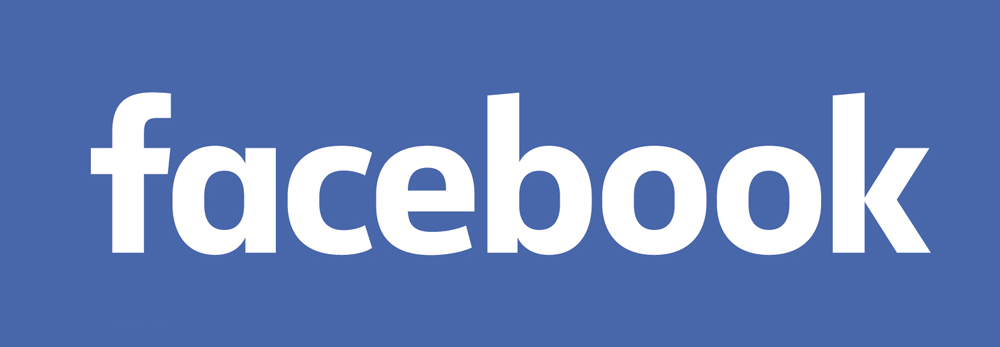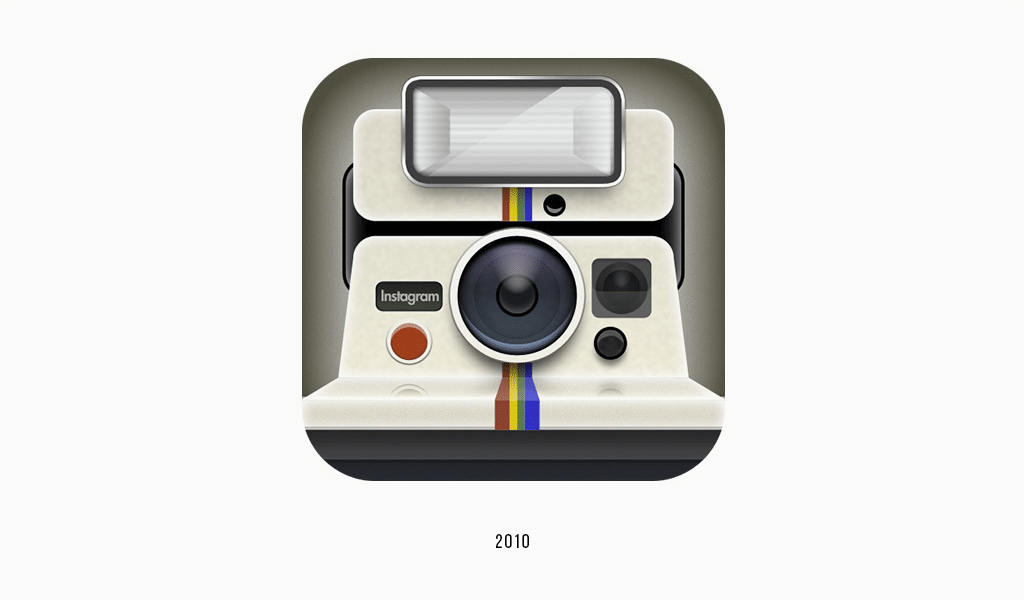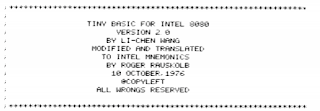Social Networks: From Texts to Likes
The history of social networks reminds me the evolution of human ability to express himself, to be social, but in descending way, like degradation. Sorry for that, I don't want to abuse anyone, at least I use nets myself. In other words, we reinvented cave paintings Egyptian hieroglyphs in modern way during last 17 years.
OK, let's bypass the period, when the people had to go out or organize a meeting to discuss something, or go to library or buy a newspaper, magazine to get some information... I don't want to remind you your parents or grandparents while they say: "When we were your age, we met up new and old friends at local cafe, bar, disco (put the right word)."
Let's also pass the first tries to invent social networks, like Bolt (1) or SixDegrees and start from year 2003, the age, when kids of early 90's started to become youngsters. Why? In my opinion, the success of social networks is formed by the generation of 90's, which grew up with more freely access to web.
Year 2003. When Distance Means Nothing.
So, the 2003 was the year of launch of
MySpace - the web which absorbed the groups of interests, photos, videos, music and blogs.
 A year later Google launches the Orkut. The Orkut has basically the same options for users.
A year later Google launches the Orkut. The Orkut has basically the same options for users.
OK, let's bypass the period, when the people had to go out or organize a meeting to discuss something, or go to library or buy a newspaper, magazine to get some information... I don't want to remind you your parents or grandparents while they say: "When we were your age, we met up new and old friends at local cafe, bar, disco (put the right word)."
Let's also pass the first tries to invent social networks, like Bolt (1) or SixDegrees and start from year 2003, the age, when kids of early 90's started to become youngsters. Why? In my opinion, the success of social networks is formed by the generation of 90's, which grew up with more freely access to web.
Year 2003. When Distance Means Nothing.
So, the 2003 was the year of launch of
MySpace - the web which absorbed the groups of interests, photos, videos, music and blogs.
 A year later Google launches the Orkut. The Orkut has basically the same options for users.
A year later Google launches the Orkut. The Orkut has basically the same options for users.
However, there is one common feature for all early social networks: they had blogs, so the target was to give the people ability to express themselves in texts, to write articles about their interests, lives or anything they wanted, to extend their social life, despite distances. The ability to share more with their friends, community, people around the world. The people wrote texts and red texts in addition to posting and watching of photos, videos and other content and it looked like networks gave us more ways to communicate.
The same year the Facebook launched, but forget about this, the Facebook has nothing special yet.(2) Mark needed two more years for improvements.
Year 2006. Long Text is Boring or Less Text Saves Time.
With improvements in Facebook, I mean the Newsfeed (3), and birth of Twitter (4), a new era of micro-blogging began and it was the first wave of evolution in social networks.
 Do you believe in theory that the speed of information flow and evolution of technologies in common speed up our time?(5) Well, I do. The magic is, that (as example), the time between message and response became dramatically small, and we need to react again, or that we spend for road less time than 10 years ago, so we always overloaded by some tasks to
Do you believe in theory that the speed of information flow and evolution of technologies in common speed up our time?(5) Well, I do. The magic is, that (as example), the time between message and response became dramatically small, and we need to react again, or that we spend for road less time than 10 years ago, so we always overloaded by some tasks to
 do and feel like we don't have time for something else.
do and feel like we don't have time for something else.
The Twitter was like a magic wand with it's SMS-like blogging, and the Facebook's Newsfeed was an easy way to check what's going on in life of "friends". I remember, that one day my colleague told me that Twitter is cool, as you don't need to read long texts and still have the info.(13)
The micro-blogging became a mainstream for social networks.
As prove the Tumblr(6) arrived on 2007 and China received SinaWeibo(7) in 2009 .
On the other hand, the Twitter shortened the communication itself, not only time spent on it. Small post and even smaller comment, that's that we got. The first crack on idea of improvement of social life appeared.
Year 2010. Shhh...ut up and Watch...Nobody Cares about Dislikes.
 "Words are very unnecessary" since arrival of Instagram. The most popular net for picture sharing.(8)
"Words are very unnecessary" since arrival of Instagram. The most popular net for picture sharing.(8)
The concept of posting of picture and like it (which Mark Zuckerberg realized in year 2004) got a new life. You post picture and get likes, occasionally you get one or two words in comments too.
People started to shoot everything, most popular tags (arrived in 2011) are #goodmorning, #weather, #worldshouldknowwhatieat, #foodporn (from my memories). Minimum load to the mind, minimum involvement... #justforfun. In one year it got 10 mln. active users. The lightness and ability to share something even if you are not writer, attractive by itself. Since year 2010, the new image/video sharing social network was launched approximately once in 1,8 year.
2011 - Keek
2012 - Snapchat
2013 - Vine
2015 - Periscope
2017 - TikTok
2020 - ?
I see a collapse of social life idea in the web in this. The idea which could ruin borders and extend social experience around the world led us to the watch and like services in aspect of communication between people. Furthermore, the networks took bad impact on our usual social activity and real lives. We struggle from loss of productivity and some emotional, psychological deceases (9 10 11 12)
The conversation was downshifted to cave painting (photo) and Egyptian hieroglyph (like or smile) level and still the cave painting and hireoglyphs had more meanings. I know, the last sentence is rude, I know that some of us still use services for sharing something with beloved people, I am not about that... I'm just trying to show the tendency in evolution of social nets.
The same year the Facebook launched, but forget about this, the Facebook has nothing special yet.(2) Mark needed two more years for improvements.
Year 2006. Long Text is Boring or Less Text Saves Time.
With improvements in Facebook, I mean the Newsfeed (3), and birth of Twitter (4), a new era of micro-blogging began and it was the first wave of evolution in social networks.
 Do you believe in theory that the speed of information flow and evolution of technologies in common speed up our time?(5) Well, I do. The magic is, that (as example), the time between message and response became dramatically small, and we need to react again, or that we spend for road less time than 10 years ago, so we always overloaded by some tasks to
Do you believe in theory that the speed of information flow and evolution of technologies in common speed up our time?(5) Well, I do. The magic is, that (as example), the time between message and response became dramatically small, and we need to react again, or that we spend for road less time than 10 years ago, so we always overloaded by some tasks to  do and feel like we don't have time for something else.
do and feel like we don't have time for something else.The Twitter was like a magic wand with it's SMS-like blogging, and the Facebook's Newsfeed was an easy way to check what's going on in life of "friends". I remember, that one day my colleague told me that Twitter is cool, as you don't need to read long texts and still have the info.(13)
The micro-blogging became a mainstream for social networks.
As prove the Tumblr(6) arrived on 2007 and China received SinaWeibo(7) in 2009 .
On the other hand, the Twitter shortened the communication itself, not only time spent on it. Small post and even smaller comment, that's that we got. The first crack on idea of improvement of social life appeared.
Year 2010. Shhh...ut up and Watch...Nobody Cares about Dislikes.
 "Words are very unnecessary" since arrival of Instagram. The most popular net for picture sharing.(8)
"Words are very unnecessary" since arrival of Instagram. The most popular net for picture sharing.(8)The concept of posting of picture and like it (which Mark Zuckerberg realized in year 2004) got a new life. You post picture and get likes, occasionally you get one or two words in comments too.
People started to shoot everything, most popular tags (arrived in 2011) are #goodmorning, #weather, #worldshouldknowwhatieat, #foodporn (from my memories). Minimum load to the mind, minimum involvement... #justforfun. In one year it got 10 mln. active users. The lightness and ability to share something even if you are not writer, attractive by itself. Since year 2010, the new image/video sharing social network was launched approximately once in 1,8 year.
2011 - Keek
2012 - Snapchat
2013 - Vine
2015 - Periscope
2017 - TikTok
2020 - ?
I see a collapse of social life idea in the web in this. The idea which could ruin borders and extend social experience around the world led us to the watch and like services in aspect of communication between people. Furthermore, the networks took bad impact on our usual social activity and real lives. We struggle from loss of productivity and some emotional, psychological deceases (9 10 11 12)
The conversation was downshifted to cave painting (photo) and Egyptian hieroglyph (like or smile) level and still the cave painting and hireoglyphs had more meanings. I know, the last sentence is rude, I know that some of us still use services for sharing something with beloved people, I am not about that... I'm just trying to show the tendency in evolution of social nets.



Comments
Post a Comment